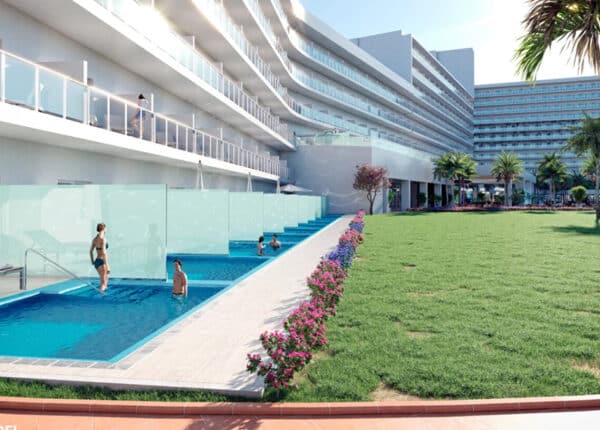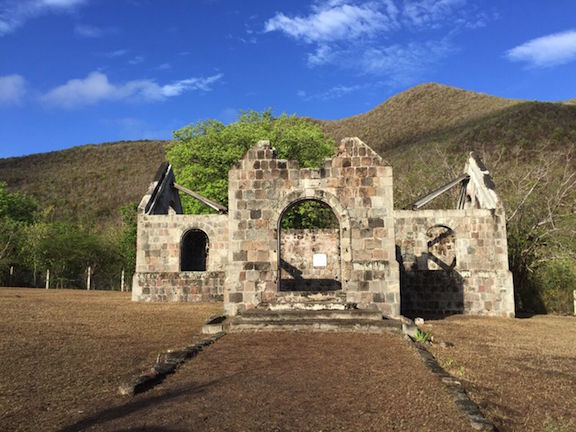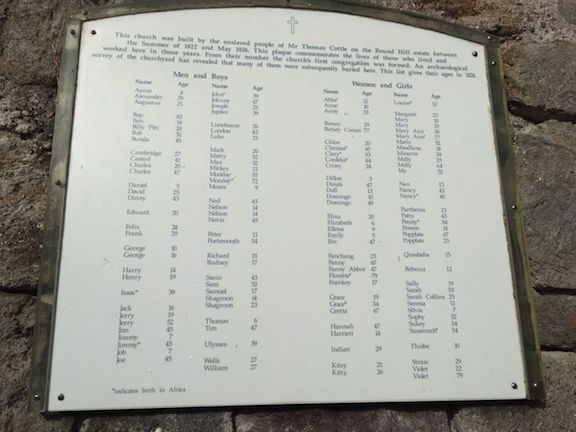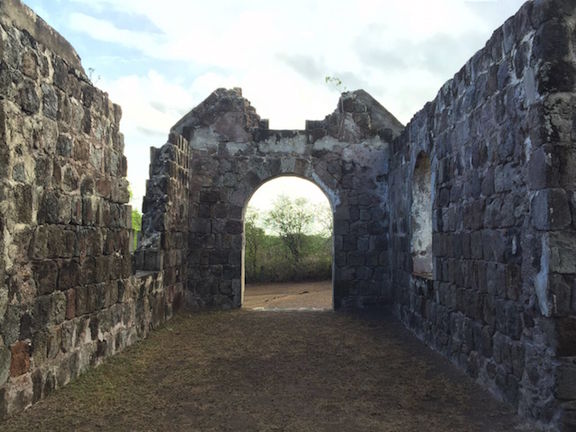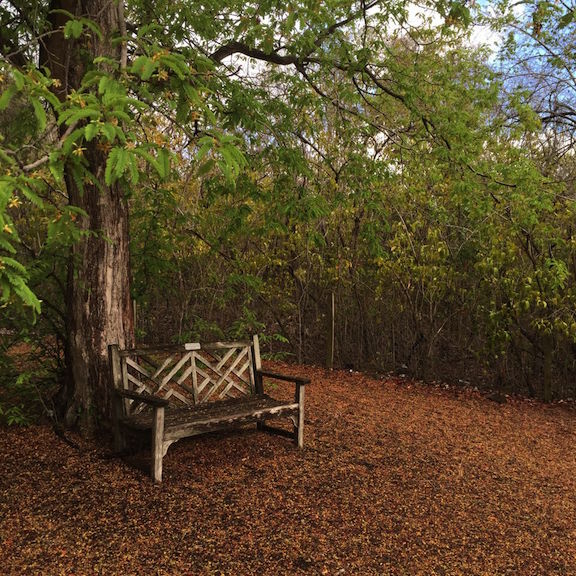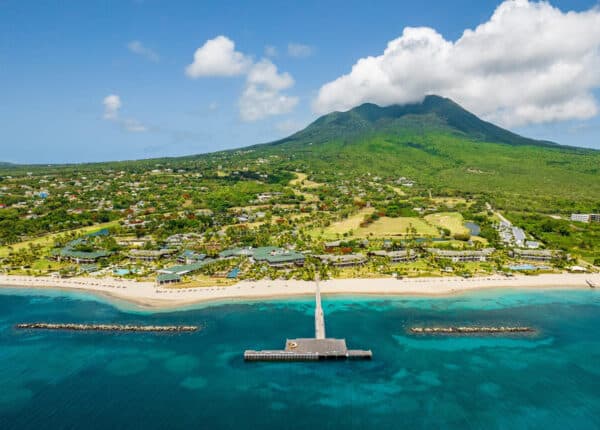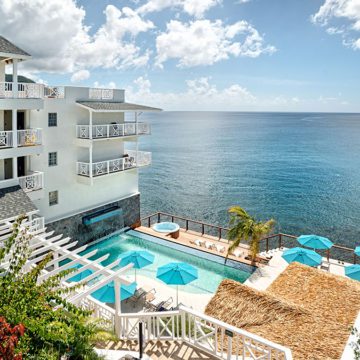Why This is the Most Important Church in the Caribbean
By Sarah Greaves-Gabbadon
CJ Travel Editor
It has neither roof nor doors. No stained glass windows nor polished pews. And it’s been many years since a congregation has worshipped here.
Yet Nevis’ Cottle Church is possibly the most significant Christian house of worship in the Caribbean, and certainly one of the most important in the world.
That’s because the church, built in 1824, was the first where slaves and their masters worshipped together, effectively igniting the abolition movement and initiating desegregation in the Caribbean.
Built by English planter Thomas Cottle so he, his family and his slaves could worship together, the building is constructed by hand in the archetypal Anglican cross-shaped layout.
However, given its controversial purpose, the Anglican Church of the day refused to recognize it as such. (In retrospect its no surprise considering that this was while slavery was in full swing, a full decade before its eventual abolition.)
Visit the church and today (follow signs to Mount Nevis hotel) and you’ll no doubt be struck by the haunting beauty of the grounds and of the restored ruins. As I touched the stone walls that have stood for centuries I couldn’t help but think of the men and women whose two years of back-breaking labor under a ceaseless sun created them, their sweat no doubt mixed in with the mortar.
A plaque on the rear wall of the church lists the names and ages of the slaves in the congregation. They range from four-years-old to 79. The names of those born in Africa are noted with an asterisk. Those with two names were likely bought from another master and bear his last name.
“When I look at this list I’m struck by the fact that some of our ancestors lived their entire lives in slavery; even possibly my own great-great-grandfather” says Greg Phillip, CEO of the Nevis Tourism Authority, who has brought me to this place he considers to be a must-see on any visitor’s itinerary. “Our colonial past may make some visitors feel uncomfortable, and I understand that. But our history is undeniable and our past is part of our present.”
He tells me that October 19 to 23 Nevis will be hosting a romance symposium for wedding planners, highlighting the island’s wedding locations and honeymoon spots.
“We’ve already had several weddings here, and once people discover the church’s backstory, we expect it to become even more popular,” Phillip notes. “We think it would be particularly significant for interracial couples.”
I suspect Cottle would concur.
